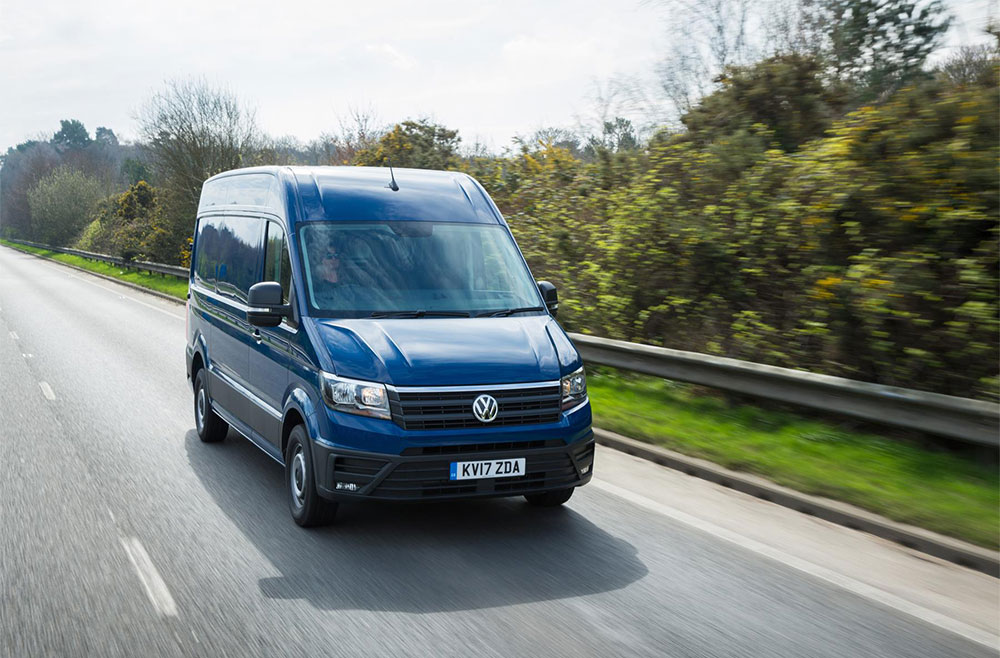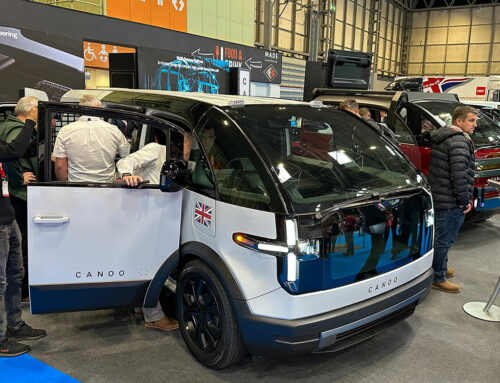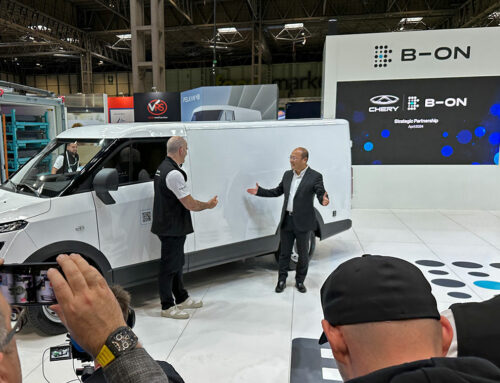AS industries start to reopen, business owners and self-employed workers alike are looking ahead to the future.
As dealers look to recover from lockdown, many are taking the time to re-evaluate their current vehicle or fleet to see where they can upgrade or take advantage of any discount.
If you’re looking to upgrade your current LCV – although there are lots of purchase options available – vehicle finance provider Moneybarn has written a guide to the pros and cons of buying or leasing a van, to help you decide which option is best for you
Value for money
Buying a van outright is one of the most cost-effective ways of owning a vehicle, especially if you’re looking to keep it for a long time.
You can often negotiate the price to get a better deal and there are no restrictions on where you can drive it or how many miles you can do.
However, not everyone can afford to pay outright, so leasing can be a cheaper alternative.
It allows you to work around a fixed monthly cost over an agreed contract term. Most agreements even come with maintenance and breakdown packages included, saving you on running and repair costs.
New and improved
If you’re prone to changing your vehicle often or need to be flexible with your van model for work, leasing could be the better option.
You can trade-in your van at the end of the term and walk away, or upgrade to a different model on a fresh agreement.
While this is also possible when you buy a vehicle outright, it can mean more paperwork and is often more expensive. Although you can trade-in your van to reduce the price, this could limit where you can buy and sell.
Maintenance
Most leasing packages include maintenance costs and breakdown cover, which means you don’t have to fork out of your own pocket when issues arise.
However, it leaves you at the mercy of the mechanics who work with your leasing provider. When dealing with a van you own outright, you’re able to shop around with different mechanics to find a specialist.
Flexibility
Both buying and leasing can be flexible – you just have to decide which deal works for you.
When buying a van, the possibilities are endless as the asset is yours to adapt and customise. However, if you take out a personal loan to purchase it, you’ll likely have to keep the vehicle until it’s paid off.
Leasing, however, may give you fewer options to choose from but it can offer greater flexibility throughout the agreement.
Not only can you trade in your vehicle for a new model at the end of each lease term but most companies also offer a choice of payment agreements. Choose from a straight lease or lease purchase – the latter giving you the option to buy the vehicle at the end of the term.
Going all the way
When buying outright, you don’t have the same restrictions you may face with leasing. Leasing contracts tend to include a mileage limit, whereas buying gives you the freedom to use the vehicle as you please.
So, if your business requires frequent long-distance driving, purchasing a vehicle outright may be the way to go.
Risky business
Leasing can be more secure and provides peace of mind to drivers as there is less risk associated than with ownership.
Unlike purchased vans, leased vehicles are not considered assets. So, if you run into any financial trouble, your vehicle cannot be seized to pay off debts.
However, this isn’t always a positive, as although you cannot be stripped of your vehicle, its value also can’t save you from being in the red.







Leave A Comment